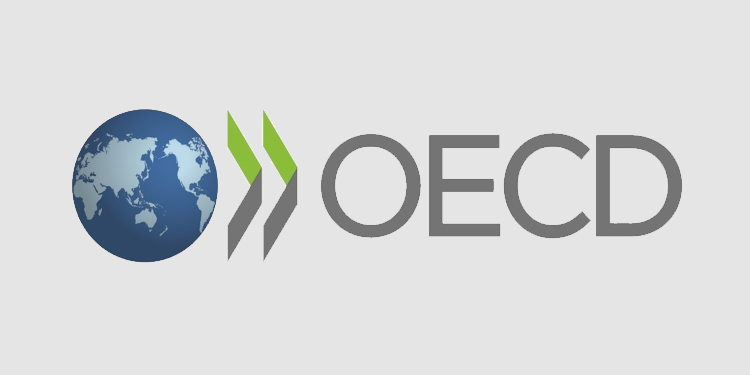The Organisation for Economic Cooperation and Development (OECD), announced today the formation of an expert group to provide advice on its work on blockchain and other distributed ledger technologies; this will include the development of high-level blockchain policy principles. The formation of the group follows the establishment of the OECD’s Blockchain Policy Centre in 2018.
The Blockchain Policy Centre provides a global reference point for policymakers and supports the co-ordination of OECD work on blockchain and other distributed ledger technologies, work lead at the OECD by its Committee on Financial Markets (CMF) in cooperation with the Committee on Digital Economy Policy (CDEP).
The formation of the Blockchain Expert Policy Advisory Board (BEPAB) reflects the OECD’s expanding program of work exploring the policy implications of this disruptive technology, working to help governments and other stakeholders to reap its benefits, while mitigating the risks. Forty-five OECD and non-OECD governments are represented on the BEPAB, alongside representatives from the European Commission, the private sector, industry bodies, and civil society groups.
The BEPAB’s geographic diversity is critical to the development of international blockchain policy principles, as explained by Yoichi Iida, Deputy Director-General for G7/G20 Relationship of the Japanese Ministry of Internal Affairs and Communications and incoming Chair of the CDEP: “Distributed ledger technologies, particularly in their most permission-less forms, are inherently borderless; making their policy implications a globally common agenda. With its policy expertise, for example, in the recent development of the OECD Recommendation on Artificial Intelligence, as well as its global reach, the OECD is uniquely placed to engage with a broad group of stakeholders.”
The full list of BEPAB members is available here. Following discussions with the CMF and CDEP, the group’s initial focus will be on scoping the issues relevant to an international framework of blockchain policy principles. The expert group held its first meeting in December 2019.
“We are engaging with a diverse group of experts and innovators in developing principles to guide governments and industry in pursuit of viable blockchain innovation and adoption,” said Aerdt Houben, Director of Financial Markets at De Nederlandsche Bank and Chair of the CMF.
Developing blockchain policy principles is a natural evolution of the OECD’s work in the blockchain space over the last 6 years, including more than five publications in the last year alone. This includes research and analysis on financial consumer protection and financial education issues raised by “crypto-assets”, the potential for the technology to support due diligence requirements in global supply chains, improving corporate governance mechanisms such as proxy voting, and the use of blockchain as a digital enabler of sustainable infrastructure
In addition to the formation of the BEPAB, the OECD is encouraging discussions surrounding the policy implications of distributed ledger technology through the Global Blockchain Policy Forum. The 2019 edition of the Forum welcomed more than 1600 participants to the OECD to share their insights into the impacts and policy implications of distributed ledger technology across its wide range of applications.
